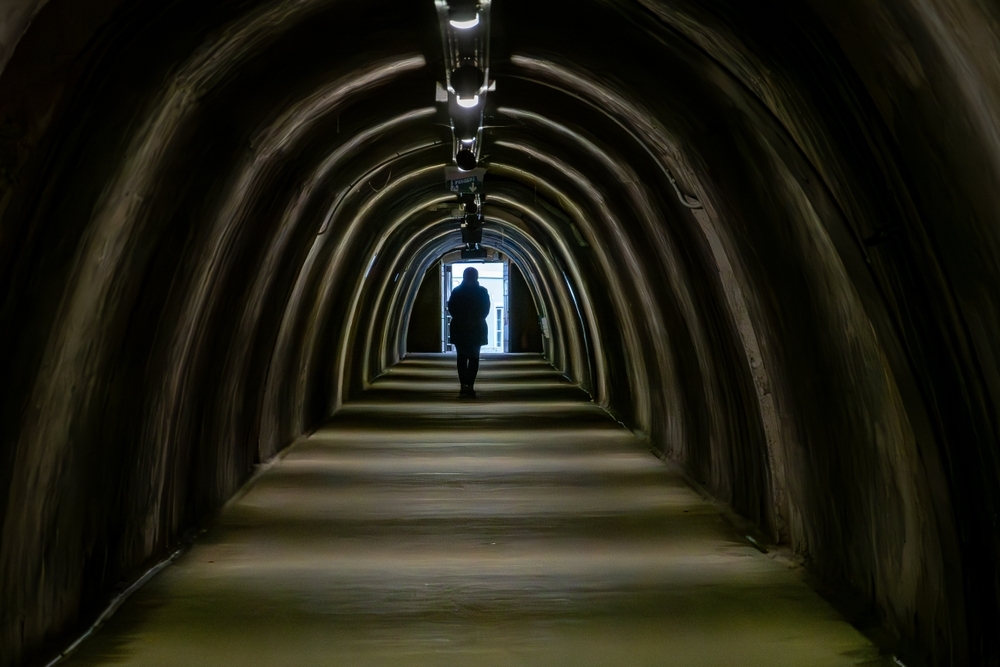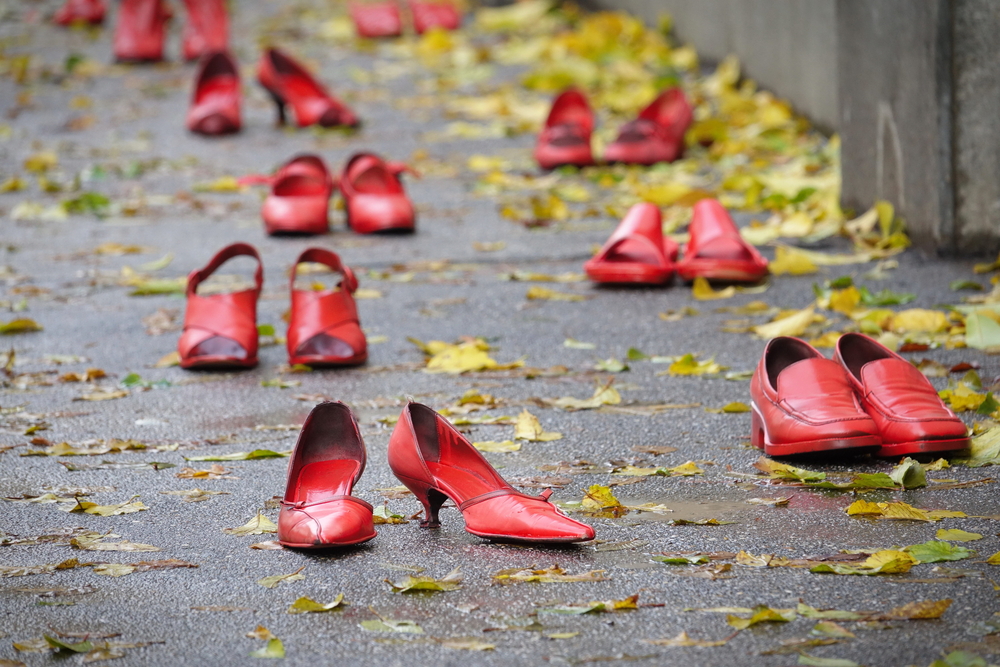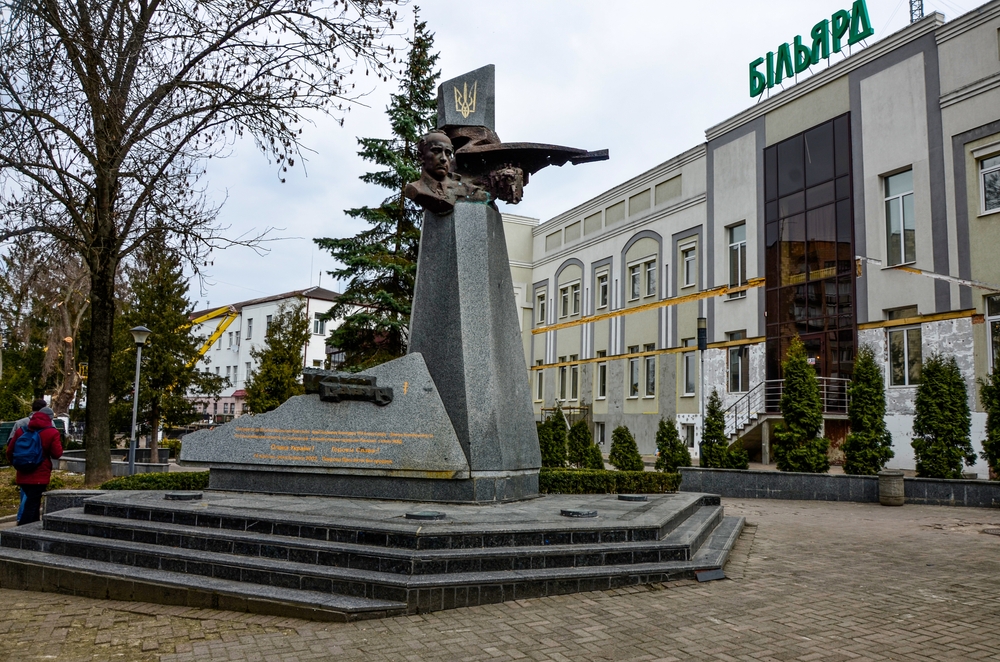It is today three years since Mr. Sait Balic, known as ‘baro manush’, which in Romany means ‘a great man’, died. Mr. Balic was the most famous Roma person in Nis, the man who fought for the rights of Roma people for almost 3 decades, and he was also the President of World Roma Congress. In the seventies and eighties, Nis (which hosts one of the largest Roma populations in the entire former Yugoslavia, about 30,000 people altogether), became a centre of Roma life: it hosted the first (and unique) manifestation known as ‘The Meetings of Roma of Serbia" (still active), and it organized the first Roma professional organization known as "Pride". Thanks to Mr. Balic’s efforts, in the eighties the first Roma kindergarten was also founded in Nis. But during the life of this great man, the rights of Roma were largely neglected, partly because of the lack of care of Serbian population, and partly because of the attitude of Roma themselves.
Nowadays, at least officially, the situation is slightly better. Romany technically have the same rights as the rest of the population. They are educated in the same schools as the others. They have their political parties, NGOs and regular participation in the media. Until recently, there was a TV show on the local Nis Television every Sunday known as ‘Akaja Rat Si Romani’, sponsored by the Fund for Open Society and devoted to Roma people exclusively. In the last six months, a radio station in Romany language has been active in Nis. Mr. Balic’s son, Osman, has followed his father’s footsteps: he is today probably the most active Roma politician in Serbia, currently at the position of Assistant to the Republic Minister of National Minorities, probably the first time in the Serbian history that a Roma person occupies a relatively important political position.
It is the ordinary man on the street and his attitudes, however, that are ultimately relevant when assessing Roma position. Apart from minority militant groups, such as skinheads (virtually nonexistent in Nis, but pretty active in Belgrade and Vojvodina), who often attack Roma people in the streets, excessive physical violence against the Roma is rare. But, there is a general undertone among the Serbs which shows that nobody takes the Roma very seriously. They are seen as petty thieves and smugglers, average musicians or simple labour force, and this conception is enhanced by the fact that in reality they seldom take any upper positions in the society. Misconceptions are sometimes all-present. For example, popular Roma jokes often describe them as ‘dirty’, which is not only racist but also physically untrue, since their worldview implies the cult of purity, both spiritual and physical, unknown to most Serbs. Needless to say, any mix between the two populations is rare, which is shown by a recent poll where the percentage of Serbs willing to marry a Roma was 0 (strangely, knowing the situation, even Albanians were more suitable prospective marital partners, although that figure was also very low).
The Roma, on the other hand, do not generally do much to improve their position. Many seem to be satisfied with living in semi-ghettos (residential areas known as ‘Gypsy-Towns’), sometimes in very harsh conditions. Their education often stops after primary schools, they usually get married early and have a lot of children, whom they cannot fully support, so they are themselves married young, and so on. Crime rates among the Roma are very high, although their offences are usually minor. Their political life, apart from some NGO activity in the recent years, is very modest. In the middle of the ‘cast your vote, participate in the elections’ campaign last autumn, a large part of which was aimed at the Roma, posters put up in Roma-town in Nis contained an additional inscription: "Whoever tears the posters, let his mother die soon!" – which aimed at the traditional superstition of the Roma, and seemed to be the only way for the posters to stay in one piece and communicate their message. In Vranjska Banja, a spa near Vranje, south Serbia, almost exclusively inhabited by Roma people, almost the entire population of age has joined the currently ruling Democratic Party of prime minister Djindjic. The explanation to this sudden interest in political life came after a local party official, also a Roma person, boasted in front of the foreign journalists that "the Roma are always with those in power, which today means Democratic Party, and that everybody will join. Those who do not, will be ‘located’". Someone might call this a new reading of democracy.
However, the funny stories of the local Roma people and their clumsiness when they are to somehow integrate into society are replaced by very grim stories of Roma IDPs from Kosovo. While ethnic Serb IDPs had somewhere to go to, or at least were given some attention, the Roma were left to wander on their own. No one was willing to accept them (in Nis there was one (only one!) family ready to accept Roma population). There was virtually no organized care for the Roma once they crossed the administrative Kosovo border. On the other hand, it would be fair to notice that Roma NGOs, in spite of such a neglect of their compatriots, always make programmes which help all IDPs, irrespective of their ethnicity.
The Roma from Kosovo were put up in some camps where conditions were generally worse than those camps hosting Serbs. There is a large camp known as Salvatore in Bujanovac. From June 1999 to June 2000 the Roma there were put up in tents. Only last summer were they allowed containers donated by the Japanese government. The most terrible story was the one from Kursumlija, in the southwest, were a number of families settled downtown, in the open air, under the bridge. Some had to survive through the winter in unfinished buildings with no windows, no heating, and bad roofs – such as the Cultural Centre building in Kursumlija. In Kragujevac, their situation was slightly better – they were allowed to enter small bungalows with joint kitchen and toilet, shared by eight families. There are some situations where the Roma are settled within Kosovo, also as IDPs: such is the case in the camp in Plementina, a virtual ghetto a few miles from home, where there are about 700 IDPs (mostly Roma, with some Kosovo Serbs and a couple of Serbian families earlier settled from Krajina, Croatia). They are taken care of by the Kosovo branch of ICS.
It is rather difficult to work with Roma population and most NGOs avoid this activity. Repatriation programs still do not exist, and integration is almost impossible. The social habits of many are extremely low, so they are usually taught the most basic things by NGO activists: literacy, basic hygiene (for which they often get small packages with soap and toiletry weekly) etc. Some are trained in workshops, where they choose activity according to their wishes: they are taught some English, music, rap, folklore, even karate – virtually anything to get them socialized as much as possible. ECHO and ICS have started up the project "Evropako Rom" (European Roma), which consists of making the Roma population, especially the youth, active in preparing their own magazine. It is published every two months, and it covers the topics in Roma legends, history, culture, but it also offers some news and interviews.
The overall situation of the Roma, however, remains grim. Generally treated with disrespect, not well organized and not determined to fight, they have remained on the fringes of society for centuries. Among them, those displaced from Kosovo have probably generally been through the most humiliation and neglect of all ethnic groups since the break up of the former Yugoslavia.
Tag:











